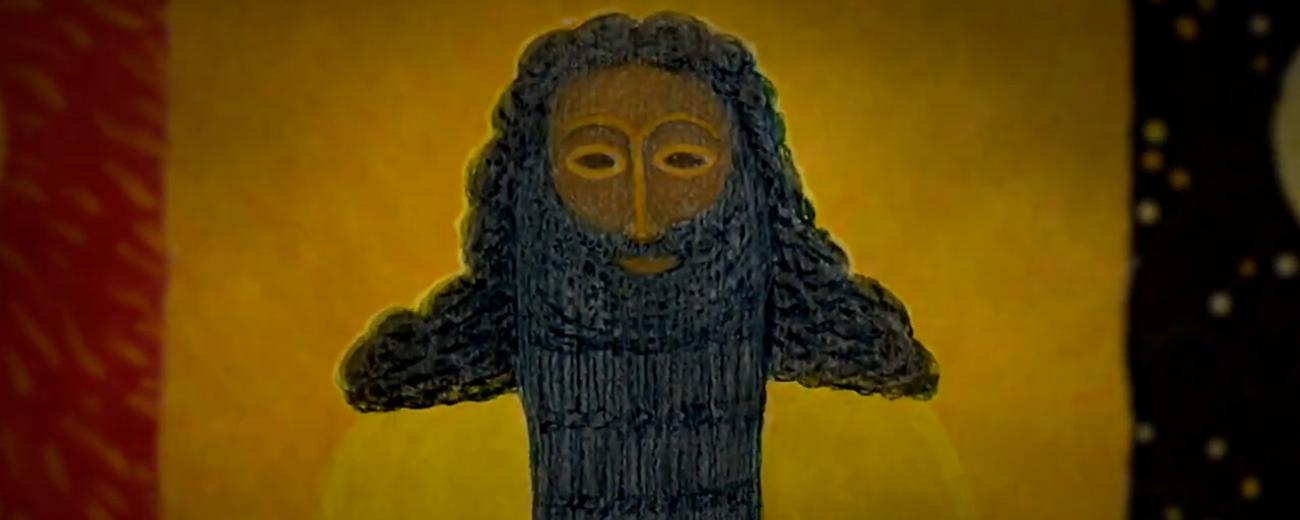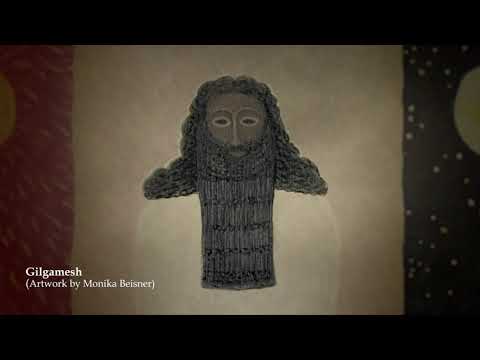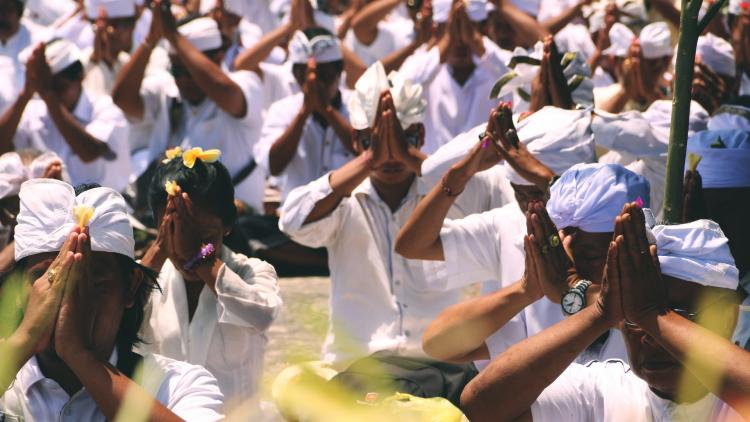The Epic of Gilgamesh: Ancient poem as modern inspiration


The Epic of Gilgamesh is the oldest long poem in history. An ancient Babylonian poem about a mighty hero who tried to become immortal, its universal themes of love, life and death resonate as clearly today as in antiquity.
Research at SOAS by Professor Andrew George has transformed our knowledge and understanding of the poem. His translations have brought the story alive for countless readers among the general public, fired students with enthusiasm for ancient poetry, and inspired creative artists to make Gilgamesh anew.
The Epic of Gilgamesh originated in Mesopotamia four thousand years ago. For two millennia it was passed down on clay tablets in cuneiform writing. It was then lost entirely before being rediscovered as fragments in the nineteenth century. By the 1980s all previous scholarly editions of the poem were very out of date, and a new one was needed.
Professor George began work on the Epic in 1985 as a young lecturer at SOAS, and has continued this labour for more than 35 years. In 2003 he published a critical edition, which collected all the known fragments of the poem, including a large number of previously undeciphered fragments. This book brought knowledge of the poem completely up to date and showed more clearly than ever before that it was the masterpiece of a profound thinker.
Since then his research has continued in numerous journal articles and books, and disseminated by online talks including Professor George’s 2017 YouTube lecture that has been watched 1.4 million times. This culminated in a 2019 Penguin Classics edition of his definitive translation for non-academic readers, Epic of Gilgamesh, which includes the most recent discoveries of text. It has sold over a quarter of a million copies.
By these routes Professor George’s research, sustained over many decades, has motivated many who knew nothing of Gilgamesh to learn more. His work has reached novelists, poets, musicians, artists and performers, and driven them to reinterpret the ancient poem and its story in paint, music and words. His translations and lectures engross teachers and students in universities worldwide. They reach thousands of people outside universities, and many have declared how deeply the poem has affected them. One individual wrote that she was inspired with a new ambition: to be, like Professor George, a translator of ancient Babylonian poetry!
The long-lost literatures of the ancient Near East are humanity’s oldest literary heritage. By recovering Gilgamesh for modern readers Professor George has put the masterpiece of Babylonian literature where it belongs – squarely in the cultural limelight.



